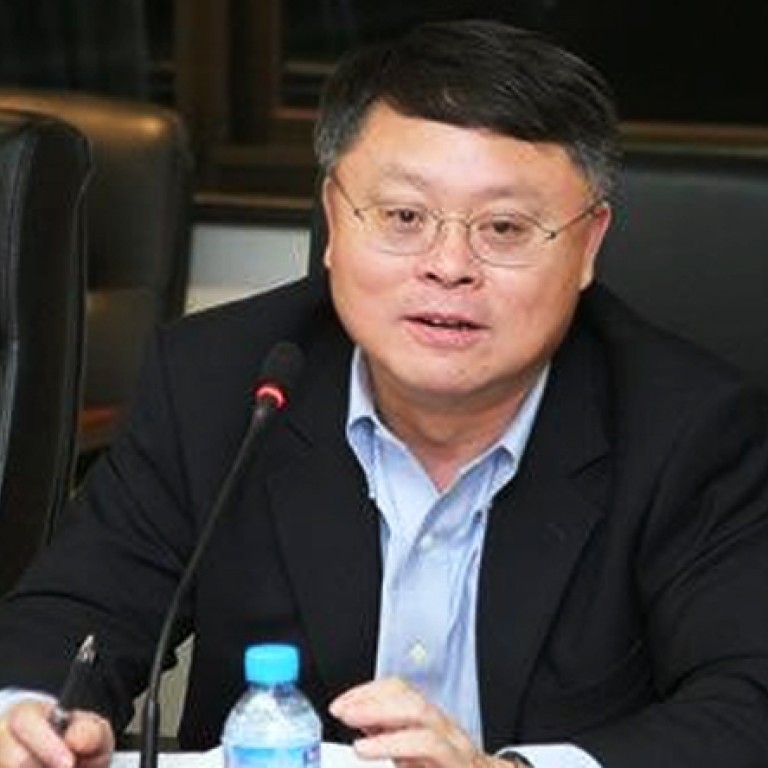
Fast-track success of Jiang Zemin's eldest son, Jiang Mianheng, questioned by Chinese academics for years
The rapid rise in China’s academic world of Jiang Mianheng – eldest son of Jiang Zemin, the nation’s former president and Communist Party chief – raised eyebrows among other academics for years.
Many people suggested nepotism had played a part in the promotion’s of Jiang Mianheng, who retired this week as head of the Shanghai branch of the Chinese Academy of Sciences (CAS).
Widely regarded as the main man within the nation’s electronic industry clique, he is believed to have controlled telecom giant China Netcom – now part of China Unicom – and other companies.
He was one of the co-founders of the Shanghai-based Grace Semiconductor Manufacturing Corp, which once gained coverage in overseas media after hiring Neil Bush – son of former United States president George Bush, and brother to former US president George W. Bush – as a general consultant.
Jiang Mianheng, who was born in 1952, graduated with a bachelor's degree from Shanghai’s Fudan University.
After joining the Shanghai Institute of Metallurgy he went to the US in 1986 and obtained both his master’s degree and, in 1991, his doctorate, at Drexel University, in Philadelphia; his father made a visit to the university in 1997.
After returning to China in 1993, he become deputy president of the CAS in 1999. He then took on the less high-profile position of head of the Shanghai branch in 2005. In November of 2011, he left his post at the CAS.
Jiang Mianheng, who served as one of the head researchers for the Chinese space programme, remains head of ShanghaiTech University – a new research university modelled on the California Institute of Technology in the US – to which he was appointed last March.
Questions were raised about his fast-track success after he was appointed as deputy head of China’s largest and most prestigious scientific research organisation only six years after obtaining his PhD.
He had accumulated little academic research achievement or managerial expertise in the intervening years.
In 2007, he failed to win nomination as a delegate to the 17th Party Congress. Oversea observers said his failure to be present at the party conclave indicated that the Shanghai clique under his father’s auspices had lost its influence.
Jiang Zemin stepped down as general secretary of the Communist Party in 2002 and left his last official post as head of the military in 2004.
However, the former president remained one of the most influential party elders for more than decade until the 18th party congress in November 2012, when Jiang’s successor, Hu Jintao, handed his power to the fifth generation leadership led by Xi Jinping.
Jiang was the head of third generation leadership and Hu was the fourth.
Xi’s anti-graft campaign has already detained and expelled from the party several of Jiang’s political allies, including former security chief Zhou Yongkang and top military officer Xu Caihou.
